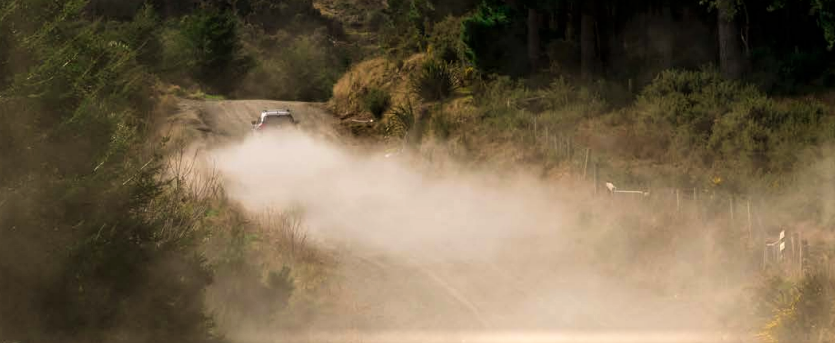Councils greening our buildings, roads, rubbish and recreation
Jill Herron
04 July 2022, 6:15 PM
 Central Otago District Council mayor Tim Cadogan (left) and CODC property and facilities manager Garreth Robinson at a newly installed wood-fired boiler that has replaced a coal-boiler at the council’s offices in Alexandra
Central Otago District Council mayor Tim Cadogan (left) and CODC property and facilities manager Garreth Robinson at a newly installed wood-fired boiler that has replaced a coal-boiler at the council’s offices in AlexandraThe day they bid farewell to an old coal burner at the Central Otago District Council’s (CODC) Alexandra HQ, was a happy one for Central Otago mayor Tim Cadogan and CODC property and facilities manager Garreth Robinson.
The two men were delighted to see in a new wood-chip fired boiler last week, a move which provides a cleaner, lower emission and more sustainable heating system for the council offices on Dunorling Street.
Tim said the conversion was just one small part of a programme designed to reduce council’s carbon footprint.
“Council declared a climate crisis in September 2019 and followed that up by endorsing a plan last year to reduce its carbon footprint by 55 per cent over five years.
“Getting rid of the old coal burner is great to see and initiatives in other areas, especially in waste, are going to see us achieving that goal.”
CODC’s commitment to its sustainability strategy was also driving the electrification of its fleet, the installation of a water-sourced heat pump system at the Cromwell Pool, and a new organic kerbside waste collection service.
The wood-chip burner’s green credentials included better energy efficiency – up to 93 per cent compared with the estimated 60 per cent efficiency of the old coal burner, Garreth said.
“We’re reducing our carbon footprint as well as saving money. Coal price is subject to carbon tax, and this is rapidly driving up fossil fuel prices. And as we know, coal is a non-renewable fuel, with high dust emissions.
“It also requires regular manual de-ashing and the grate being raked out, which is a labour cost. The ash must be disposed of to landfill, with a disposal cost. Not only that, coal is unpleasant to handle and exposure to coal dust has potential respiratory risks.”
Garreth added that wood chip fuel is at present not subject to carbon tax, and has very low dust emissions.
The automatic heat exchanger cleaning system maximises efficiency, and the automatic ignition with ceramic heat gun uses very little electricity.
Wood chip would be sourced from Otago plantation forests and was renewable and carbon neutral. Carbon released during combustion is absorbed as new trees are planted in the forest to replace those chopped down.
“The other efficiency is that the ash is automatically removed into the ashbin. Premium wood chip fuel from pine wood has a very low ash content. Ash is organic and may be used on our property grounds to help fertilise shrubs and plants (best mixed in with some bark of wood chips),” Garreth said.
The boiler only requires two scheduled services during the year (if used in winter season only), and the controls are connected to the internet, allowing for remote monitoring to maximise “up time” and facilitate staff assistance if required.

The Otago Regional Council have ruled against dampening our dusty roads with used oil.
Dust Suppression Rule Change
Meanwhile in another environmental move, the Otago Regional Council (ORC) has announced that suppressing dust on gravel roads with used oil will no longer be permitted in Otago.
ORC’s policy and science general manager Anita Dawe said the ORC had signed off proposed changes to the operative Regional Plan: Waste for Otago, and these included prohibiting oil use as a dust suppressant.
Anita said the reason behind the changes was to strengthen the ORC’s regional planning framework in the interim period while its new Land and Water Regional Plan is developed.
The new planning framework is required to be notified by December next year.




